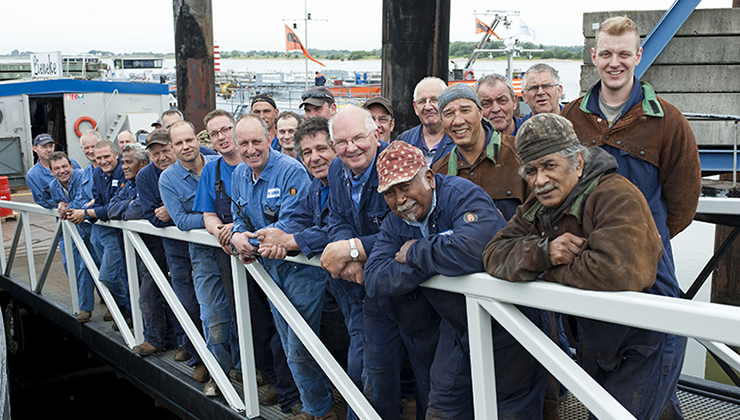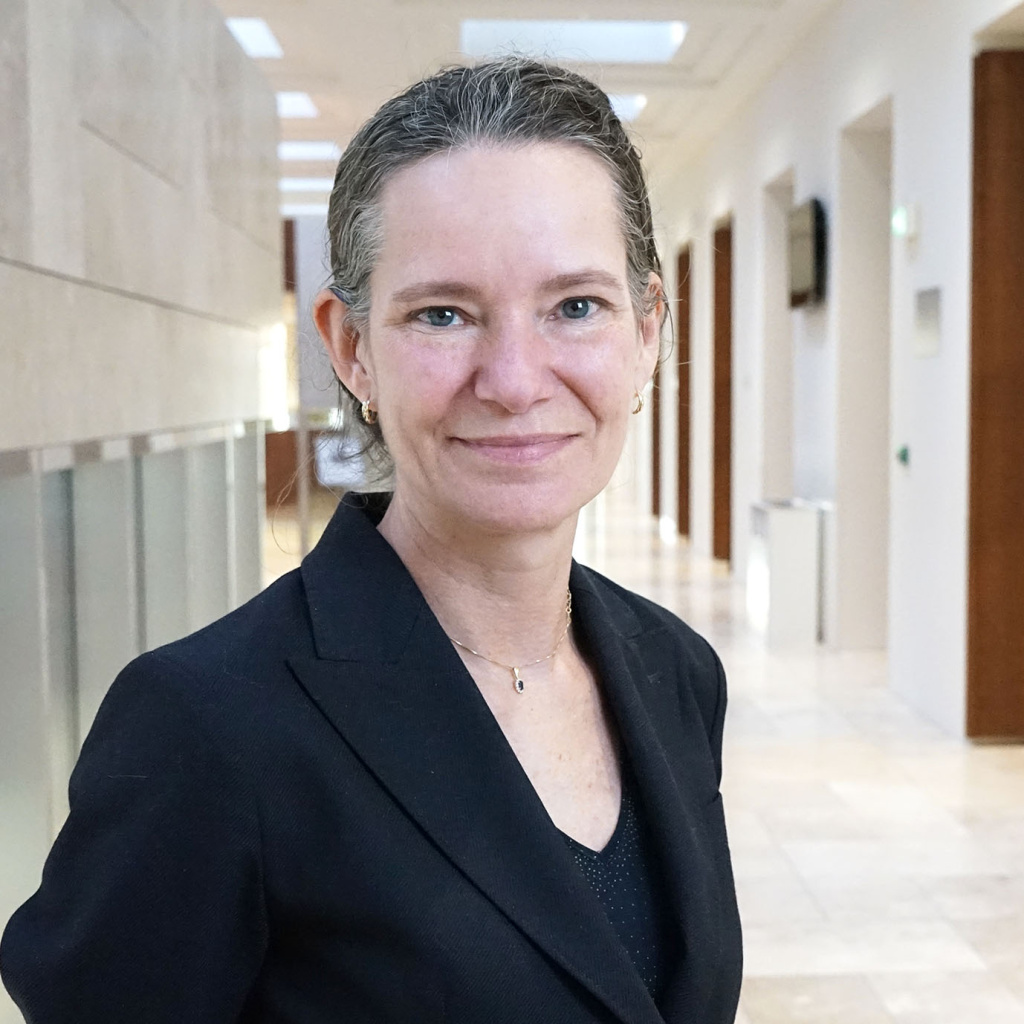Inclusieve globalisering
Het zou een vergissing zijn om achterover te leunen in een voortdurend veranderende wereld met open grenzen. Globalisering en automatisering versterken elkaar en vragen om nieuwe kennis en vaardigheden, terwijl bestaande kennis en vaardigheden hun waarde verliezen. Veranderingen gaan samen met onzekerheid. Daarbij kan het uitstralingseffect van een – vaak kleine – getroffen groep voor wie beleid weinig compensatie biedt, groot zijn. Als beleid weinig aandacht besteedt aan de groepen die niet direct profiteren, kan de ongelijkheid toenemen en de maatschappelijke steun voor open grenzen afnemen.
Inclusieve globalisering vraagt om toegesneden beleid. De Nederlandse instituties moeten met de tijd meegaan, willen ze hun herverdelende kracht behouden. Verdiepend onderzoek naar de economische, sociale en culturele effecten van globalisering zal daarbij helpen, vooral ook omdat de gevolgen van globalisering fijnmaziger zijn geworden en vaak dezelfde zijn als de gevolgen van automatisering. Herverdeling vergt ook middelen; de binnenlandse belastinggrondslag staat onder druk door internationale mobiliteit van kapitaal en geschoolde arbeid, waardoor andere vormen van belastingheffing en internationale belastingcoördinatie nodig kunnen zijn.

Globalisation also implies migration. About one out of ten persons of the current population of the Netherlands is a first-generation immigrant while an additional one out of ten persons is a second-generation immigrant, that is to say native-born with at least one foreign-born parent (OECD, 2008a). This trend has continued over the years. Between 2010 and 2013 the inflow of permanent migrants was stable around 100 000 persons per year. Only about one out of eleven of these immigrants came from outside the European Union, with most migrants coming from Central and Eastern Europe (OECD, 2016).
The impact of globalisation in a country is highly affected by institutions. The Dutch labour market is characterised by various regulations. In terms of employment, there is a strict regulation concerning dismissal of employees with a permanent contract. At the same time, a large share of the labour force is hired on a temporary basis. Employees in a flexible employment situation are more likely to become unemployed compared to employees with a permanent contract (Statistics Netherlands and TNO, 2013). In addition, the Dutch system is characterised by a relatively rigid wage structure, having for instance a minimum wage. In general, the Netherlands has a highly redistributive fiscal and social security system. Lastly, the job market situation in the Netherlands has been improving since the financial crisis and can be considered as relatively good. Nonetheless, chances of finding work in no, elementary or low-skilled occupations are relatively slim, compared to becoming employed in the area of higher-skilled and university-level jobs, especially in technical, ICT or finance-related occupations (European Commission, 2017).
This background document is structured as follows: first we consider trade, then migration and finally Foreign Direct Investment (FDI). Within each topic, we discuss theory, present developments in the Netherlands and lastly we put these developments into perspective by comparing them to the international empirical literature.
Downloads
Authors


Authors


